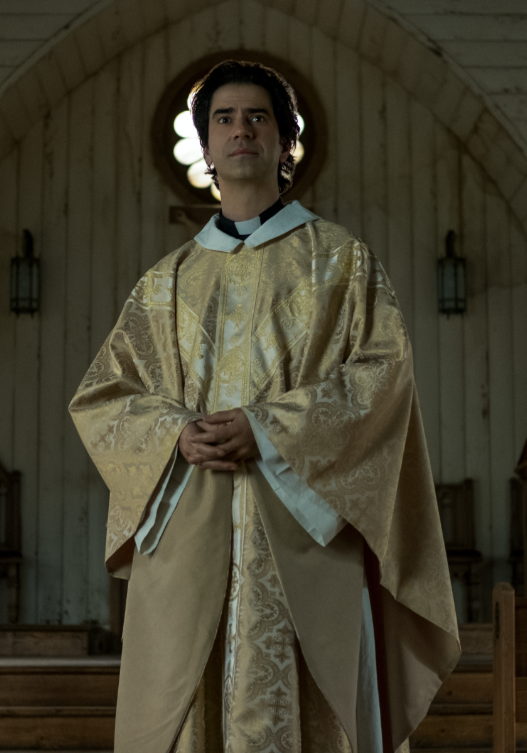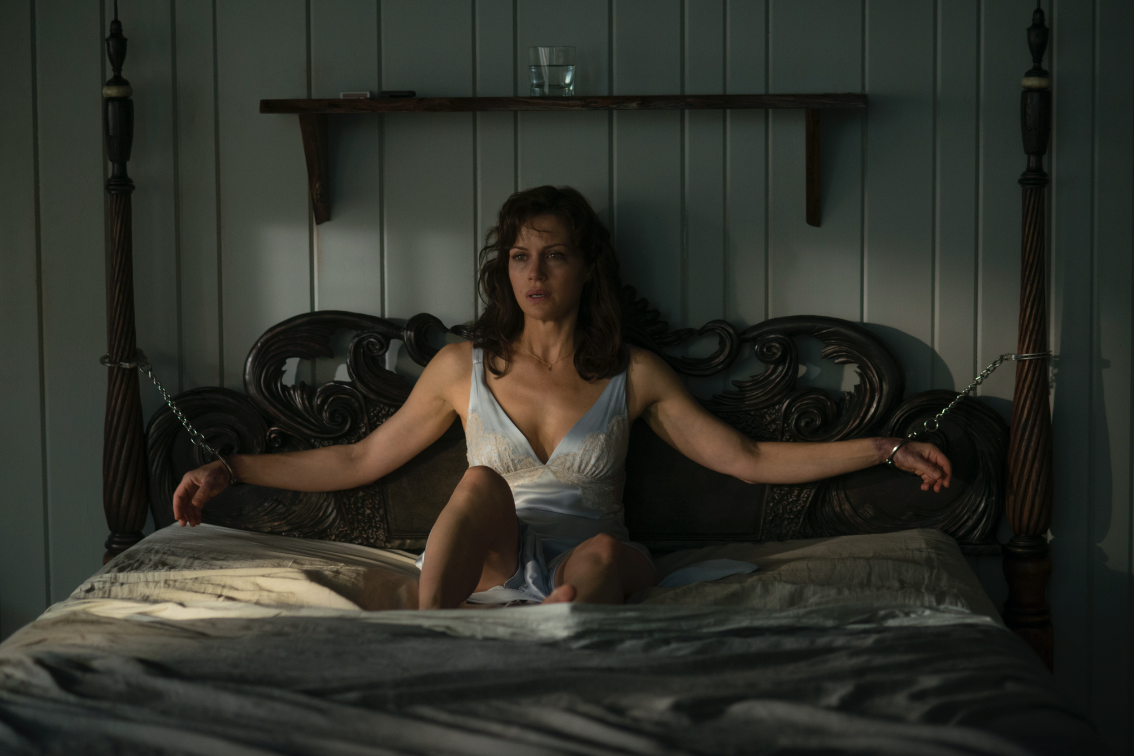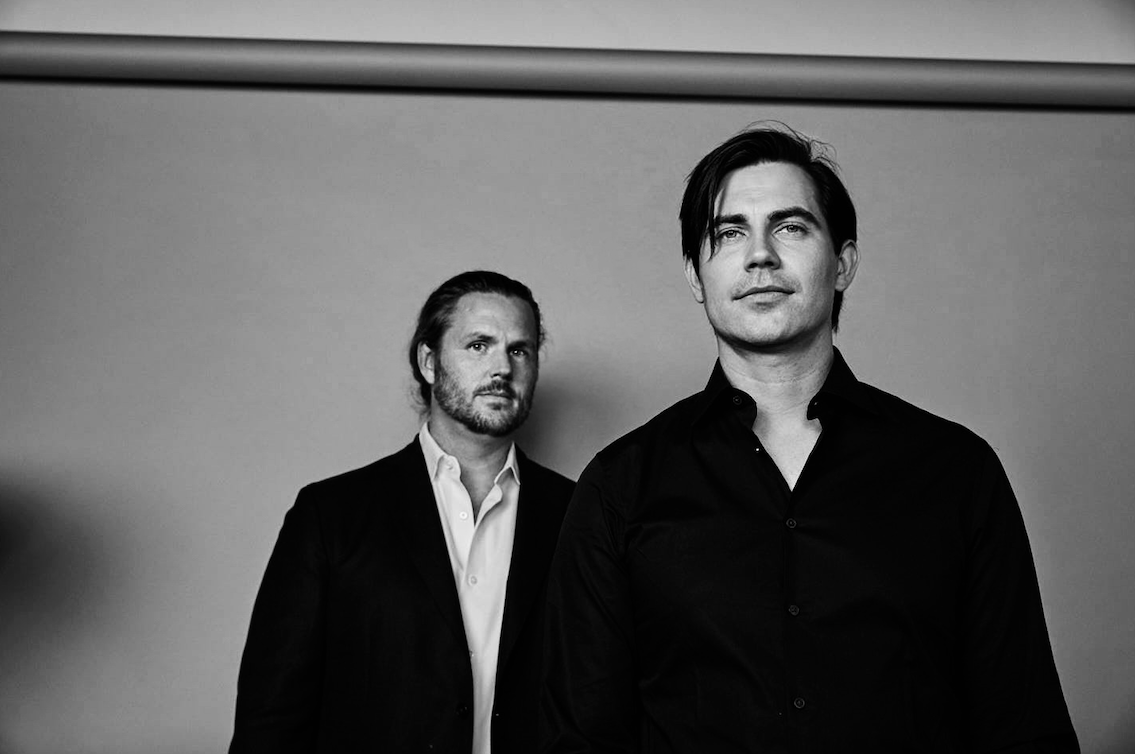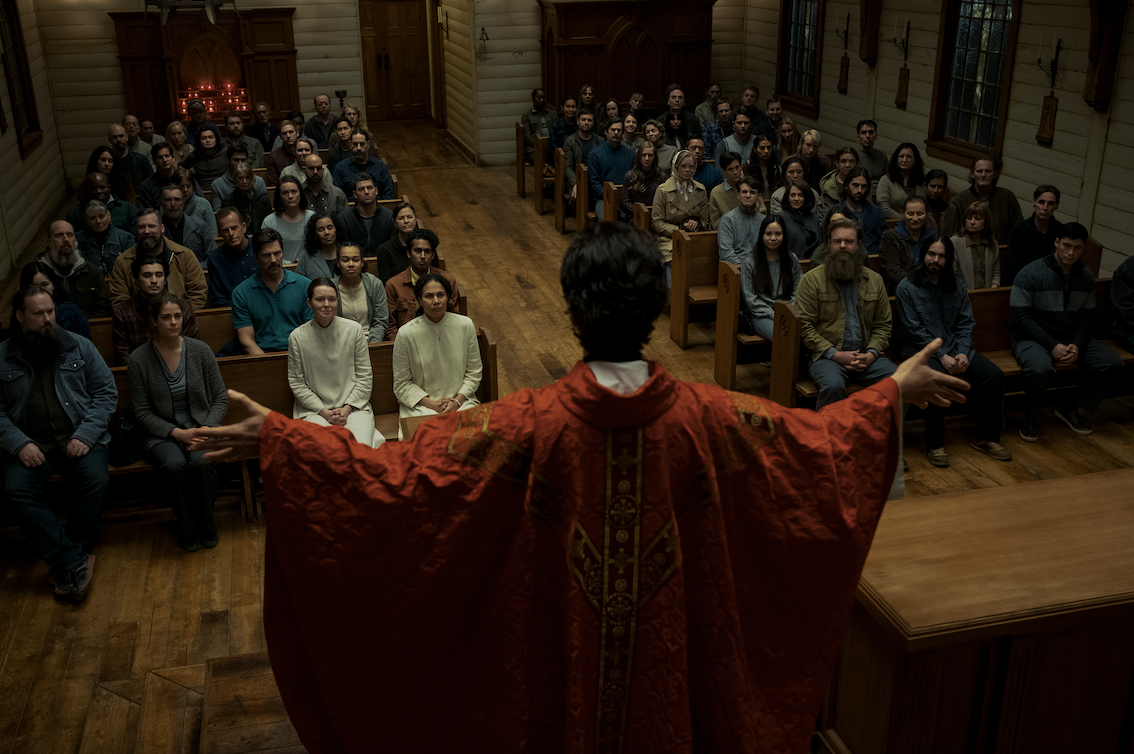In Mike Flanagan’s Midnight Mass, the arrival of a charismatic priest brings miracles, mysteries and renewed religious fervour to a dying island town – a synopsis perhaps not enough to get this miniseries to vie for scroll-happy Netflix viewers’ attention. Those that took a leap of faith and hit play were rewarded with a thoughtful, perfectly executed show that suffocated them with themes of faith, conformity, guilt and grief – that would stay with them long after the credits rolled. Halfway through, however, Midnight Mass takes another turn entirely; whatever you think it’s going to be about, it’s not. In on the secret from the start were long-time Flanagan score collaborators, The Newton Brothers, aka – Andy Grush and Taylor Newton Stewart, who explain how they tackled the music for the most ‘WTF did I just watch?’ show of last year.
Let’s get this out of the way, you are, in fact, not brothers. Where did you meet?
AG: We didn't even know each other until we were in our 20s actually. We needed to come up with a name years ago because we both had day jobs and we didn't want them to know that we were composing for films and TV shows.
So we came up with a name and strangely, we never changed it. There was a long list of names we came up with at the time – we didn't want anything that was too crazy, but we also didn't want anything that was too pretty.
TS: We’re like brothers. Newton Brothers comes from Isaac Newton, so that was the inspiration around it, and we ended up sticking with it and we just kept going.
You’ve got a finely tuned working relationship with horror director Mike Flanagan, working with him on every single one of his projects since 2013’s Oculus (including Gerald's Game, The Haunting of Hill House, Doctor Sleep, The Haunting of Bly Manor and Midnight Mass); have you developed a shorthand way of working together?
AG: It's really been helpful that we had a bit of a shorthand with his producing partner, Trevor Macy, because we're able to understand the information pretty quickly.
Sometimes we will reference any number of past projects we've worked on to Mike, like, ‘For this scene, we're thinking about a similar emotion that we had in the scene from this [other] show’. And that'll happen all in a five second mention of it, but it will contain about five minutes of information, which is really helpful in composing because to me, it's a communication thing.
Each film or TV show is like a new relationship, so it's nice to have relationships where you know the other people and you can understand each other in a way that you don't feel like you're on a first date!






